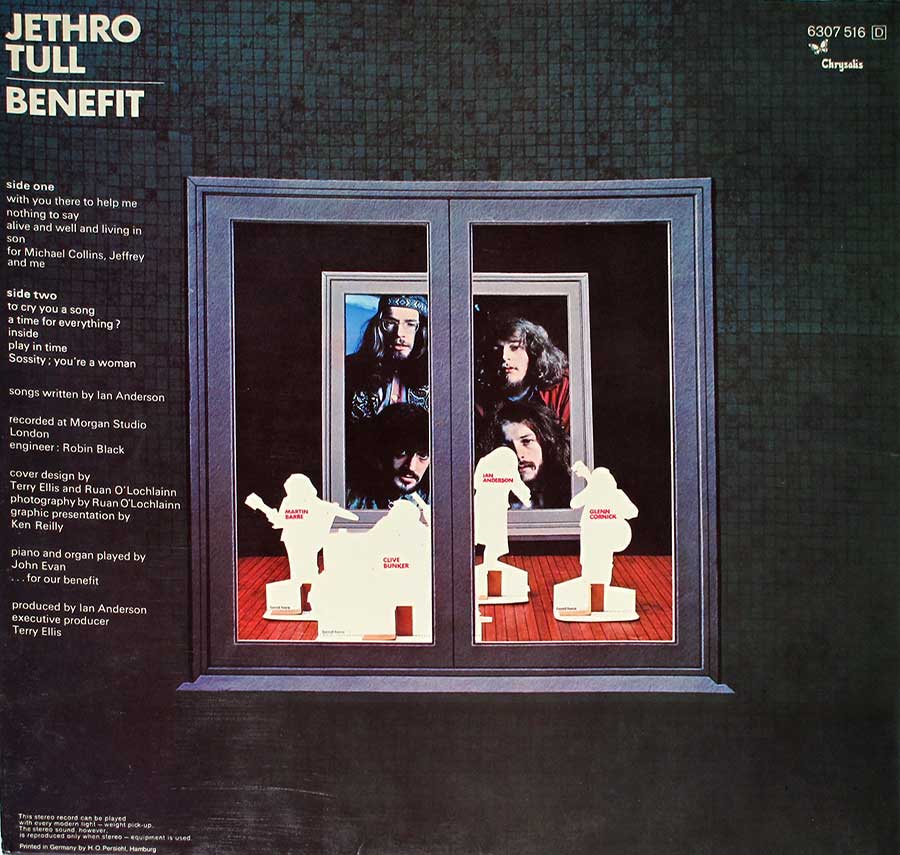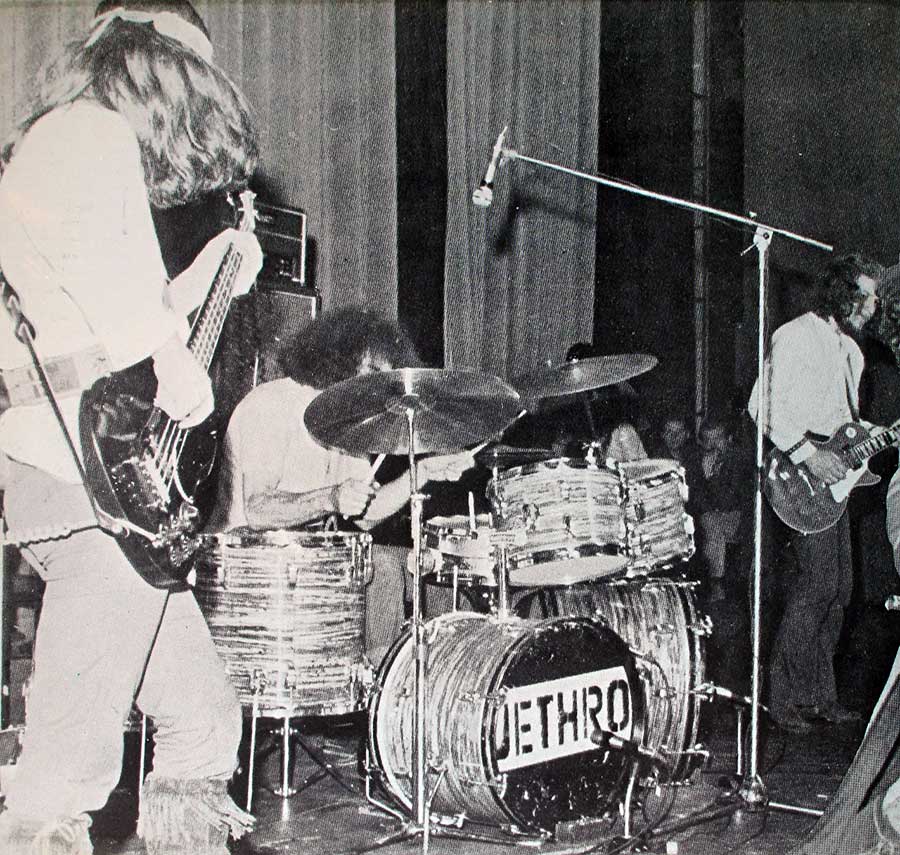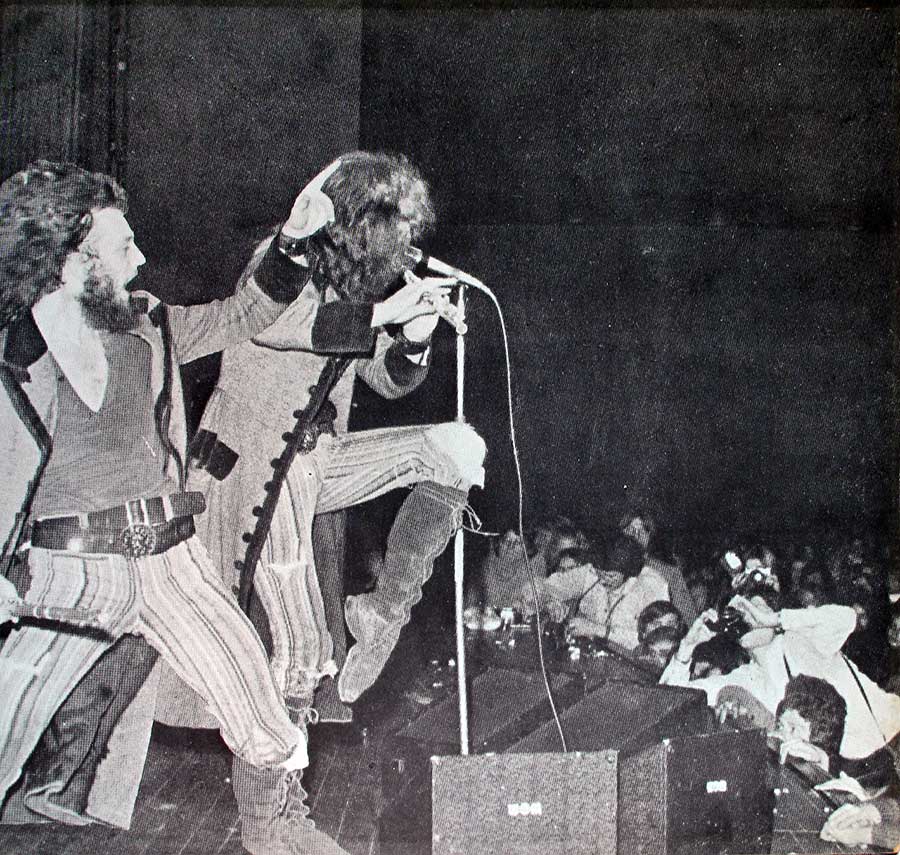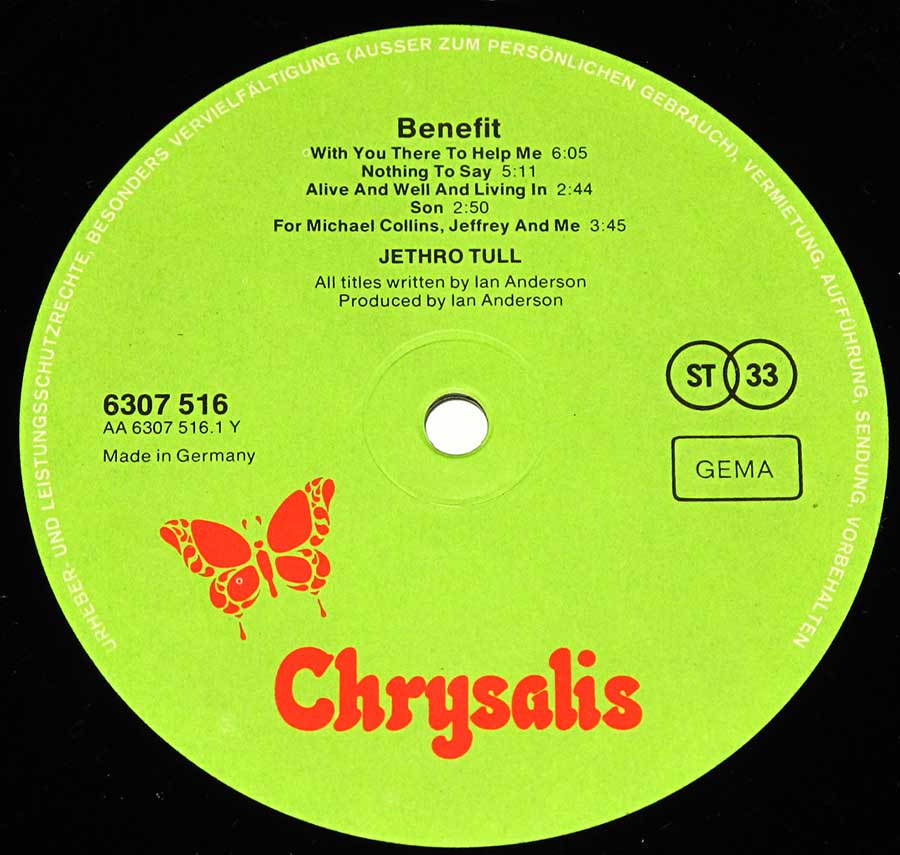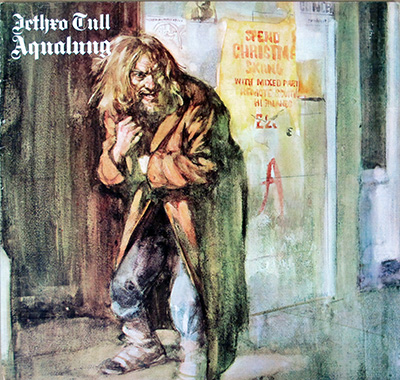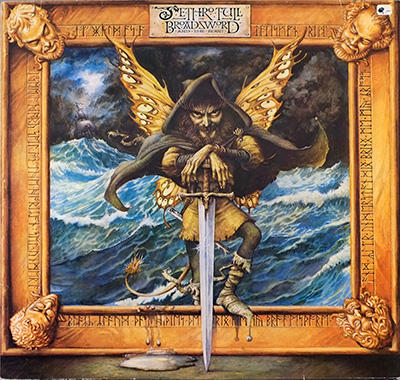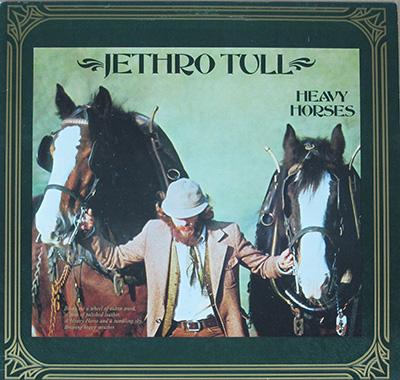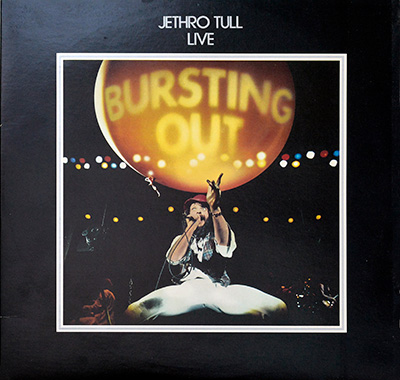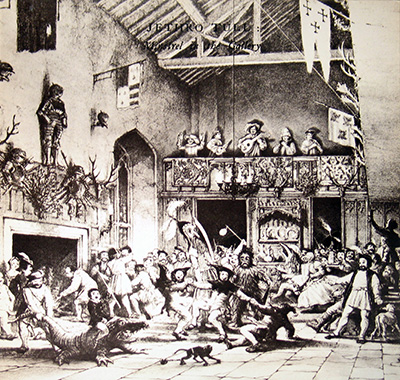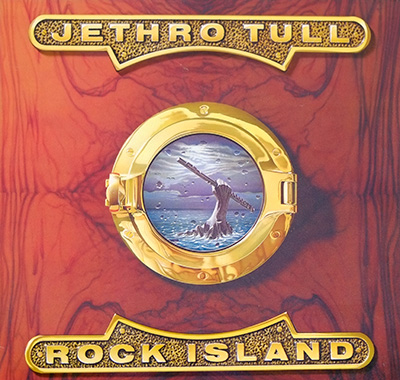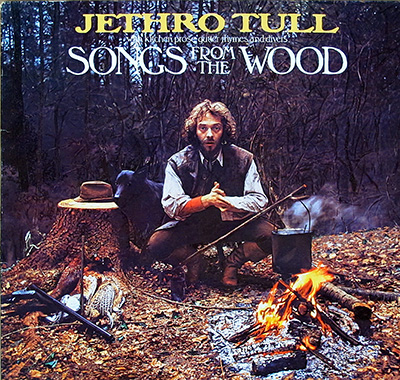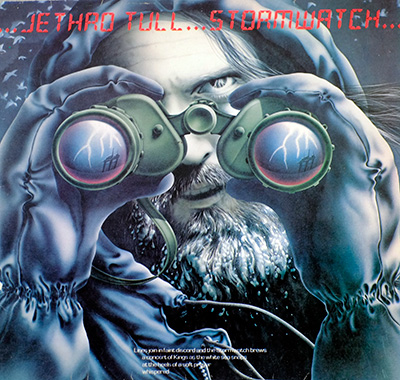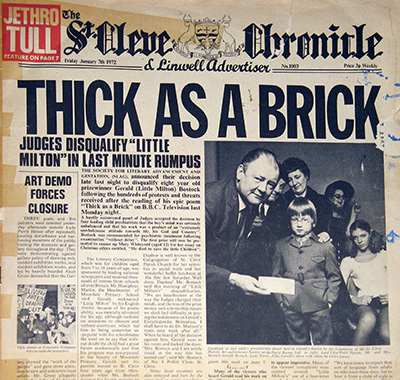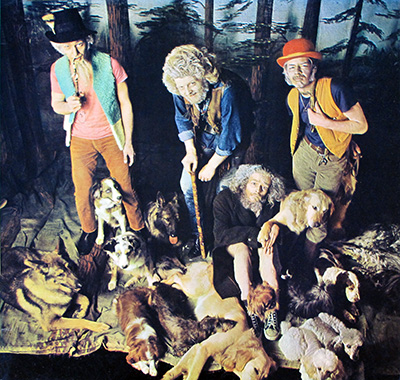Jethro Tull's "Benefit": A Prog Rock Milestone or a Muddied Mess?
Album Description:
I don’t think I ever met "Benefit" at a polite volume. It’s late-April 1970 Tull, and the first thing it does is lean in close and breathe on the glass. Riffs. Grain. A little fog on the lens. You can call it prog, hard rock, folk-rock—whatever helps you sleep. I hear a band stepping out of yesterday’s clothes and not bothering to fold them first.
"With You There to Help Me" opens like a corridor you don’t fully trust. The flute is still there, sure, but it doesn’t float; it scrapes and loops back on itself, like tape being messed with on purpose. Martin Barre’s guitar doesn’t “support” the song—he shoves it forward. Clive Bunker hits with that busy, physical insistence that makes your foot tap even when your brain’s trying to be analytical.
Then "To Cry You a Song" turns up and acts like the door was always unlocked. It’s one of those riffs that doesn’t ask permission. And when the band locks in, it’s not “intricate interplay,” it’s four people gripping the same rope and pulling in slightly different directions. That tension is the fun part. When it gets tight, it’s great. When it gets smug, it’s… well, less great.
Lyrically, "Benefit" isn’t cheerful. It doesn’t even pretend. "For Michael Collins, Jeffrey and Me" and "Son" have that post-tour, half-slept, slightly poisoned feeling—like the bus never really stopped moving, even after you’re home. Mortality, isolation, disillusionment: not as themes on a syllabus, but as the mood hanging in the room when the needle drops.
The sound is the argument starter. Ian Anderson produced it, Terry Ellis hovered as executive producer, and Robin Black engineered the thing, but the mix still feels like it was stirred with a wooden spoon that had seen too many late nights. Some days I like that. It’s gritty, lived-in, almost “live” in the wrong ways. Other days I want to grab the faders myself and rescue the flute from under the murk.
And yes, there are those little Tull details that keep it from being just another heavy record: John Evan’s piano and organ colouring the corners, the occasional oddball texture (even a credited balalaika, because why not), and that sense that the band is trying to figure out what they can get away with next. It hit big numbers anyway—UK Top 3, US Top 11, Gold in America—so clearly plenty of people didn’t need it “clean.” Me neither. I just don’t want it polite.
One practical note for collectors and completists: the US album version fiddles the running order and swaps in a re-recorded "Teacher" where the UK album had "Alive and Well and Living In." That’s not trivia; it changes the album’s posture. I’m not telling you which version to buy. I’m telling you to stop assuming they’re the same record.
References
- Vinyl Records Gallery: Jethro Tull "Benefit" (high-res cover photos)
- Wikipedia: "Benefit" (album) overview, credits, charts
- JethroTull.com: Official discography entry for "Benefit"
- Discogs: "Benefit" master release (version differences, credits)
- AllMusic: "Benefit" album entry
- RIAA: Gold/Platinum search results (includes "Benefit")

